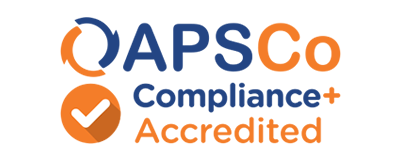Blog
Are you a supply teacher or teaching assistant looking for some help and advice? If so, you are in the right place. Our blogs offer tips and tricks on everything from classroom management to interview tips and support, along with day in the life case studies from real supply teachers, ECTs and cover supervisors. They also give you an insight into what working for Smile is like, the ways which we support local communities and charities and the training and events that we offer.
For more good stuff like this, follow us on social media - you can find us on Facebook, Instagram, Twitter and LinkedIn. Or pick up the phone and give us a call.
No one really likes revising but it is essential for exam success. However, it doesn’t have to be all doom and gloom, in fact, there are ways for you to make revising more interesting and fun. Here are our top revision tips we think that your students should know.
1 - Work with your students to find out what type of learners they are
Everyone learns differently. Some people learn visually, some by listenings, others by doing something practical. A revision technique which works for one student, might not work for another. So once you have figured out which student suits which style, you could consider splitting the class into groups depending on learning style.
2 - Make revision timetables
Planning is important especially when it comes to revision. A timetable allows students to better manage their time and know what they should be revising and when. As people who have already been there and done it - we know better than anyone that making time to revise can be tough but a timetable is sure to help with that.
3 - Create mindmaps
Mind mapping is a fun, creative way to revise and allows students to make connections with various ideas within a subject. Mind maps work well because it breaks the information down into small manageable chunks making it seem less daunting.
4 - Use flashcards
Revision doesn’t have to be a solo activity. Getting students to work together can be helpful too. Our top tip would be to write keywords on one side and the definitions on the other. The students can then test one another.
5 - Establish study areas
Students can often become distracted if they try and revise in their bedrooms, which is why it’s so important to let them know the opening hours of the school or local libraries. Encouraging students to revise in these places and letting them know the benefits of that is more likely to keep them on track.
6 - Avoid distractions
We all procrastinate from time to time. To stop your students getting distracted, tell your students about study apps, like Forest, which allow students to block time-wasting apps and websites for set periods of time.
7 - Make use of past papers
Practice exam papers can be really useful as they provide students with a more accurate idea of what the exam will be like. The more real you can make it the better so if you can offer testing conditions do!
8 - Remind them to relax
While revising is important, so is taking breaks. Don’t forget to remind your students to relax. Anxiety and stress can cause even the most well-prepared student to underperform.
Add a comment:












